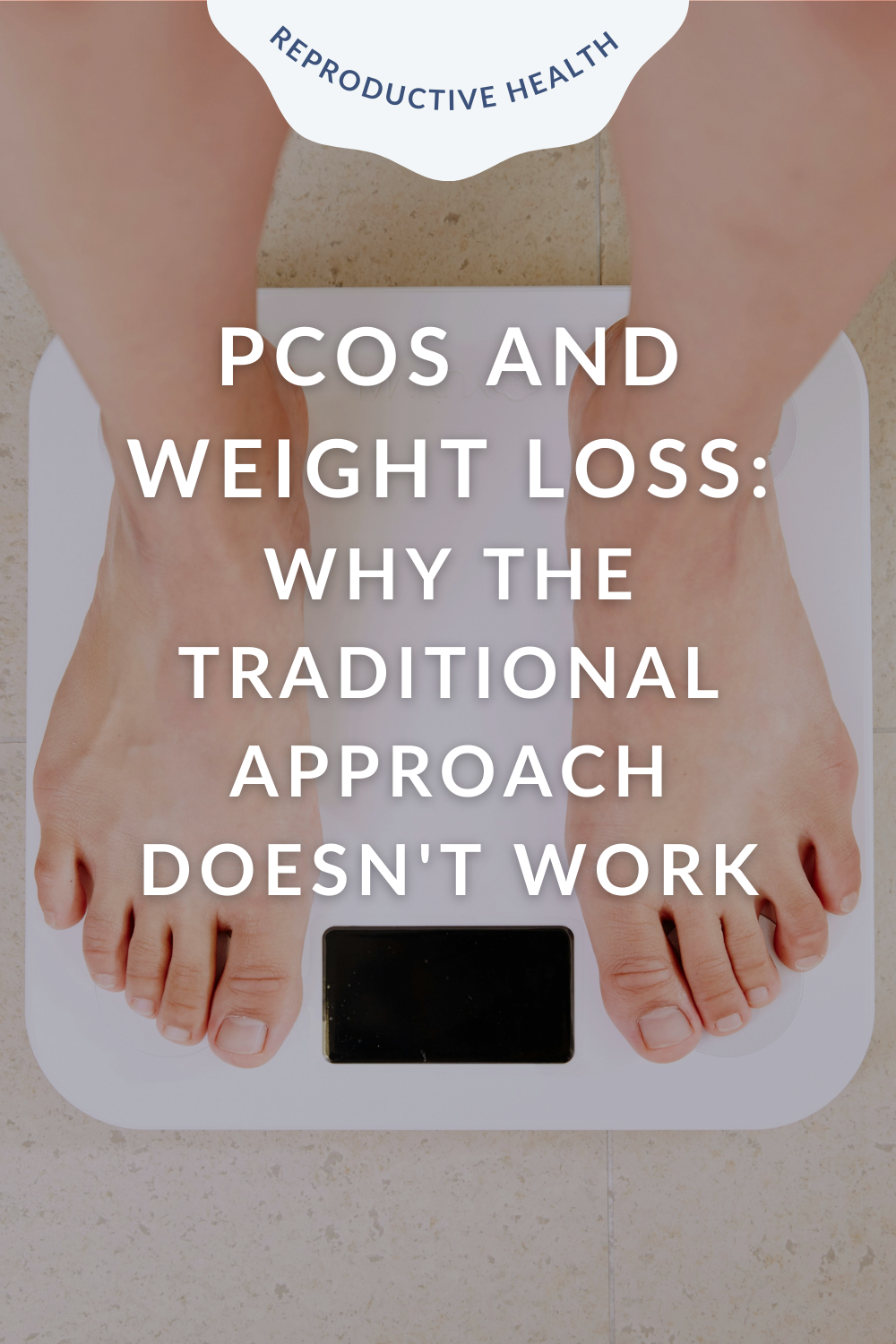Everything You Need to Know About Blood Sugar
How sweet is too sweet?
Understanding Blood Sugars: A Comprehensive Guide to Managing Your Health
Blood sugar, or glucose, is the primary energy source for your body and keeping it within the target range is critical for your overall health. In this guide, we'll explore what blood sugars are, their impact on health, the role of carbohydrates, and blood sugar management. Let's dive in!
What Are Blood Sugars?
Blood sugar refers to the amount of glucose in your bloodstream. Glucose is a simple sugar from the foods you eat, particularly carbohydrates. Your body needs glucose for energy, and it's the primary source of fuel for your brain, muscles, and other tissues.
When you eat, your digestive system breaks down carbohydrates into glucose, which is then absorbed into your bloodstream. The hormone insulin, produced by your pancreas, helps cells absorb glucose to use for energy or store it for later use. Maintaining blood sugar balance is important for your body to function optimally.
What Is a “Normal” Blood Sugar Reading?
You may be wondering, “What are good blood sugars?” Your blood sugars are always fluctuating throughout the day, influenced by food intake, physical activity, stress, and other factors like even weather! There is no absolute definition of what normal blood sugars should be for people without diabetes. Normal targets vary for people without diabetes but generally, blood sugars that would be considered in the range are:
Fasting blood sugar (after not eating for at least 8 hours) <5.6 mmol/L
Random blood sugar 3.6 - 7.7 mmol/L
Low blood sugar <3.9 mmol/L
Please note if you do not have any health condition impacting your blood sugars and require you to test your blood sugars, you will likely have no idea what your blood sugar is throughout the day! Under normal conditions your body tends to do a good job of keeping your blood sugars in the target range throughout the day.
Why are Blood Sugar Levels Important?
Aiming for blood sugar balance is key for overall health. Here’s how fluctuations can affect your body:
Short-term effects:
Mood fluctuations
Hormonal Imbalance
Difficulty Concentrating
Headaches
Cravings
Weight
Hyperglycemia (high blood sugar): Dehydration, blurred vision, and fatigue. If left untreated, it can lead to diabetic ketoacidosis, a serious condition requiring emergency treatment.
Hypoglycemia (low blood sugar): Can cause anxiety, irritability, confusion, hunger, and dizziness
Long-term effects (Diabetes):
Chronic hyperglycemia: Increases the risk of complications like heart disease, stroke, kidney disease, nerve damage (neuropathy), and eye problems (retinopathy).
Reoccurring hypoglycemia: Can impair cognitive function and increase the risk of accidents and injuries.
How do Carbs Impact Blood Sugar Management?
Carbohydrates, or carbs, are the main macronutrient that breaks down into blood sugar and is a significant source of energy. They are classified into three categories:
Simple carbs: Found in foods like added sugars like pastries, white bread, and sugary drinks. They are quickly broken down into glucose, causing rapid spikes in blood sugar levels.
Complex carbs: Found in whole grains, legumes, and vegetables. They are broken down more slowly, leading to gradual increases in blood sugar levels.
Fibre: A type of carb that your body can’t digest. It helps regulate the body’s use of sugars, keeping hunger and blood sugar in check.
Unfortunately, carbs have developed a bad reputation over the years for many reasons, which stem from misunderstandings and oversimplifications about their role in the diet and their effects on health, such as:
Association with Weight Gain: Carbs are often linked to weight gain because they are a big source of calories, especially those high in refined sugars, which can contribute to overconsumption of calories and weight gain if not consumed in moderation.
Insulin Response: Carbs, particularly simple carbs, cause a rapid spike in blood sugar levels, leading to a spike in insulin. Over time, consistently high insulin levels can contribute to insulin resistance and type 2 diabetes.
Popularity of Low-Carb Diets: Diets such as the Atkins, ketogenic, and Paleo diets, which emphasize low-carb intake, have gained popularity.
Refined vs. Whole Carbs: There is a poor distinction made between refined carbs and whole carbs. Refined carbs (like white flour and sugar) are stripped of fibre and nutrients, leading to rapid digestion and spikes in blood sugar. Whole carbs (like fruits, vegetables, and whole grains) are nutrient-dense and digested more slowly, providing sustained energy.
Marketing and Misinformation: The food industry and media can also contribute to the negative perception of carbs. Low-carb and "keto-friendly" products are often marketed as healthier alternatives, reinforcing the idea that carbs are inherently “bad”.
Nutrition is complex, and simple messages are often more eye-grabbing. "Carbs are bad" is a catchy message than the nuanced reality that the type and quantity of carbs consumed matter significantly!
The focus should be on the quality and quantity of carbs consumed for blood sugar management. Opt for complex carbs and fibre-rich foods over simple carbs to maintain stable blood sugar levels and prevent the rapid spikes and crashes associated with simple carbs.
What Are Continuous Glucose Monitors (CGM’s)?
Previously if you wanted to check your blood sugar you would have to get blood work done or you could buy a glucometer (blood sugar testing machine) and prick your finger with a needle to test your blood sugar.
However, advancements in HealthTech have made it possible to track your blood sugars at home without having to prick yourself! Continuous Glucose Monitors (CGMs) are sensors that you wear on your body and receive real-time readings of your blood sugar levels 24/7.
The two major CGMs are Dexcom and Freestyle Libre. They are a game-changer in blood sugar management because they provide:
Real-time monitoring: Continuous data, allows you to see how your blood sugar levels fluctuate in response to meals, exercise, and other factors.
Trend analysis: For all my numbers and data lovers, they offer trends and patterns, helping you understand how different activities and foods affect your blood sugar.
Alerts: CGMs can alert you when your blood sugar levels are too high or too low, helping you take immediate action.
Convenience: They reduce the need for frequent finger-prick tests, making blood sugar management less intrusive and more manageable.
Dietitian Take on CGMs: Diabetes or not CGMs are a game changer! Yes, they can be overwhelming because it's something stuck to your body giving you lots of information. But it's all about reframing your mindset and seeing it as a tool for self-management, learning about your unique patterns. We try to encourage our clients especially those living with PCOS and diabetes to try CGM for promoting self-management and helping us dietitians build precise and individualized nutrition recommendations.
Takeaway
Overall, understanding and managing your blood sugar levels is important for maintaining good health and preventing both short term and long term complications. Utilizing tools like CGMs and working with a dietitian can provide valuable insights and support to make targeted and effective diet and lifestyle changes for optimal health. Remember, small changes can make a big difference in managing your blood sugar levels and improving your overall well-being.
Hi! I’m Prabhsimran
A Registered Dietitian and reproductive and chronic disease health expert. I’m here to help you gain confidence to overcome your Polycystic Ovary Syndrome and health woes while bettering your relationship with food.
CATEGORIES
Looking for support to help manage your blood sugars?
Work with our team of Registered Dietitians in 1-on-1 Nutrition Coaching Programs to receive personalized nutrition guidance, meal plans and messaging support to gain knowledge, confidence and clarity to build healthy eating habits that last.
References
Diabetes Canada. (n.d.). Clinical practice guidelines. https://guidelines.diabetes.ca/cpg
Gardner CD, Trepanowski JF, Del Gobbo LC, Hauser ME, Rigdon J, Ioannidis JPA, Desai M, King AC. Effect of Low-Fat vs Low-Carbohydrate Diet on 12-Month Weight Loss in Overweight Adults and the Association With Genotype Pattern or Insulin Secretion: The DIETFITS Randomized Clinical Trial. JAMA. 2018 Feb 20;319(7):667-679. doi: 10.1001/jama.2018.0245. Erratum in: JAMA. 2018 Apr 3;319(13):1386. doi: 10.1001/jama.2018.2977. Erratum in: JAMA. 2018 Apr 24;319(16):1728. doi: 10.1001/jama.2018.4854. PMID: 29466592; PMCID: PMC5839290.
Reynolds AN, Akerman AP, Mann J. Dietary fibre and whole grains in diabetes management: Systematic review and meta-analyses. PLoS Med. 2020 Mar 6;17(3):e1003053. doi: 10.1371/journal.pmed.1003053. PMID: 32142510; PMCID: PMC7059907.
Sartorius K, Sartorius B, Madiba TE, Stefan C. Does high-carbohydrate intake lead to increased risk of obesity? A systematic review and meta-analysis. BMJ Open. 2018 Feb 8;8(2):e018449. doi: 10.1136/bmjopen-2017-018449. PMID: 29439068; PMCID: PMC5829813.














